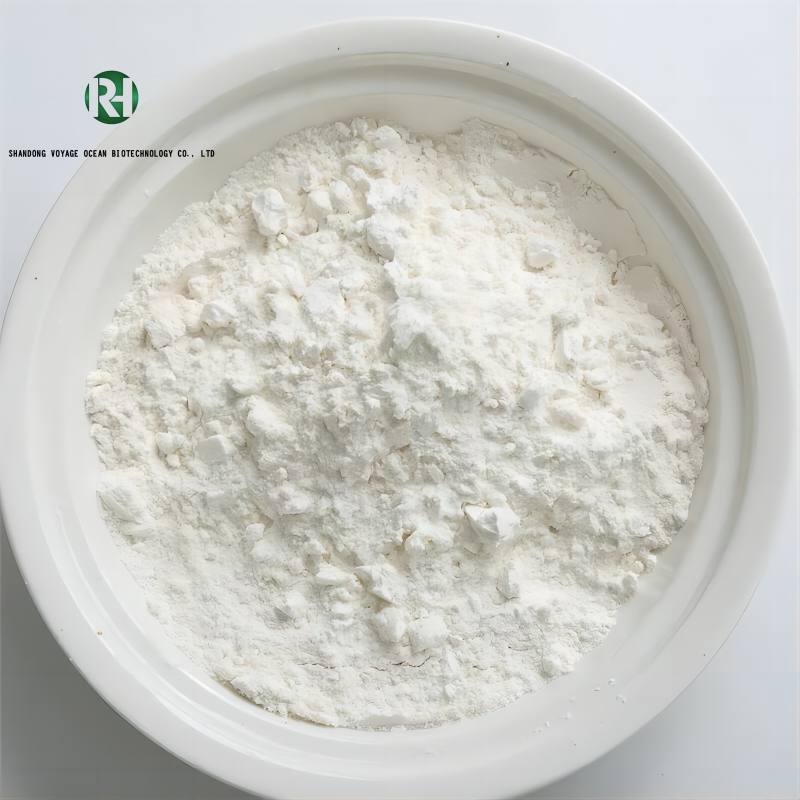-
Categories
-
Pharmaceutical Intermediates
-
Active Pharmaceutical Ingredients
-
Food Additives
- Industrial Coatings
- Agrochemicals
- Dyes and Pigments
- Surfactant
- Flavors and Fragrances
- Chemical Reagents
- Catalyst and Auxiliary
- Natural Products
- Inorganic Chemistry
-
Organic Chemistry
-
Biochemical Engineering
- Analytical Chemistry
- Cosmetic Ingredient
-
Pharmaceutical Intermediates
Promotion
ECHEMI Mall
Wholesale
Weekly Price
Exhibition
News
-
Trade Service
7, 2020 /--- New coronavirus SARS-CoV-2 causes coronavirus disease (COVID-19) in 2019 and is now spreading around the world.
vaccine is a necessary response to the urgent need to control the pandemic.
there is no human vaccine for SARS-CoV-2, but about 120 candidate vaccines are under development.
SARS-CoV-2 is associated with two other highly pathogenic viruses, SARS-CoV and MERS-CoV.
SARS-CoV-2 has a just, single-stranded RNA genome of 30kb in size.
its outer membrane, which consists of a nuclear crust protein (N) and a membrane protein (M), enclosure protein (E), and a tingling protein (S) encloses its genome.
Like SARS-CoV, SARS-CoV-2's S proteins bind to their common receptacle angiotensin conversion enzyme 2 (ACE2) through the receptacle binding domain (RBD) to mediat the virus into the host cell.
Prior to this, scientists had confirmed that RBDs from SARS-CoV and MERS-CoV contained major image-dependent neutralized etibodies and were capable of producing powerful neutralized antibodies in immune animals, thus promising targets for vaccine development.
in a new study, researchers from the National Institute of Allergy and Infectious Diseases of the United States and research institutes such as the University of Oxford in the United Kingdom found that chAdOx1 nCoV-19, a candidate vaccine for adenovirus vectors encoding SARS-CoV-2 puncture proteins, is immunogenic in mice and can trigger powerful body fluid immune responses and cell-mediated immune responses.
, as confirmed by the IgG antibody substate and cytokine expression analysis, these immune responses are primarily Th1 cellular reactions.
study was published online July 30, 2020 in the journal Nature, titled "ChAdOx1 nCoV-19 vaccine prevents SARS-CoV-2 pneumonia in rhesus macaques".
picture from CC0 Public Domain.
candidate vaccine is a chimpanzee adenovirus vector (ChAdOx1) vaccine that expresses SARS-CoV-2 tyrogen.
it uses the common cold virus (adenovirus) infected with chimpanzees, weakens its toxicity so that it does not cause any disease in humans, and genetically modifies it to encode the human SARS-CoV-2 virus protrusion protein.
means that when the adenovirus enters the cells of vaccinated people, it also delivers the genetic code for the hedgehog protein.
will allow these people's cells to produce puncture proteins and help teach the immune system to recognize the SARS-CoV-2 virus.
ChAdOx1 nCoV-19 vaccine (whether initially or initially exemption-enhanced immunization) induces rhesus monkeys to produce a balanced Th1/Th2 body fluid and cellular immune response.
The researchers observed that vaccinated rhesus monkeys experienced significantly lower viral loads in bronchopulfu and lower respiratory tissue after the SARS-CoV-2 challenge, and that vaccinated rhesus monkeys did not develop pneumonia.
, however, there was no difference in nasal virus shedding between vaccinated rhesus monkeys and control rhesus monkeys.
, the researchers did not observe evidence of increased antibody dependence in the disease after vaccinated rhesus monkeys were challenged by the virus.
Is now required to evaluate the safety, immunogenicity, and effectiveness of chAdOx1 nCoV-19 candidate vaccines in patients with symptomatic PCR-tested SARS-CoV-2-positive COVID-19 in randomized controlled human clinical trials.
recently, a Phase 1/2 clinical trial of a CHAdOx1 nCoV-19 vaccine candidate for SARS-CoV-2 in the United Kingdom reported promising early results.
the findings were published online July 20, 2020 in the journal Lancet, entitled "Safety and Immunogenicity of ChAdox1 nCoV-19 vaccine against SARS-CoV-2: a preliminary report of a phase 1/2, single-blind, random controlled trial".
This early clinical trial found that this candidate vaccine is safe, causes fewer side effects, and can induce a strong immune response -- a T-cell response (i.e., a cellular immune response that can find and attack infected cells) within 14 days of vaccination, and an antibody reaction (i.e., a body fluid immune response that can find and attack the virus when it circulates in the blood or lymphatic system) within 28 days of vaccination.
, however, this vaccine candidate is still in its infancy.
Further clinical studies are needed to determine its persistence and immunogenicity in older adults or other specific groups, such as those with complications who are often excluded from clinical trials, or in ethnic or ethnic groups more severely affected by COVID-19.
(bioon.com) Reference: Neeltje van Doremalen et al. ChAdOx1 nCoV-19 vaccine prevents SARS-CoV-2 pneumonia in rhesus macaques. Nature, 2020, doi:10.1038/s41586-020-2608-y.







